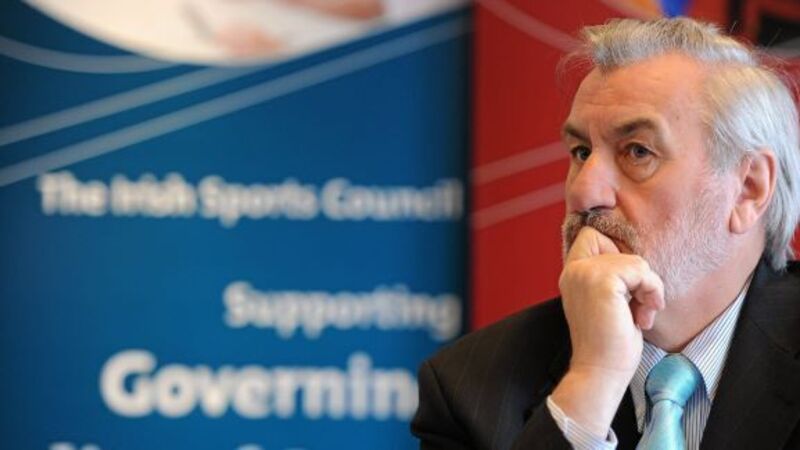Beyond peacekeeping duty

Even in the day job as head of the Labour Relations Commission, sport is all around Kieran Mulvey.
His office on Haddington Road offers a marvellous view of the Dublin skyline, with the Aviva Stadium down the road and its extravagant, futuristic rollercoaster-style edifice most strikingly catching the eye.












